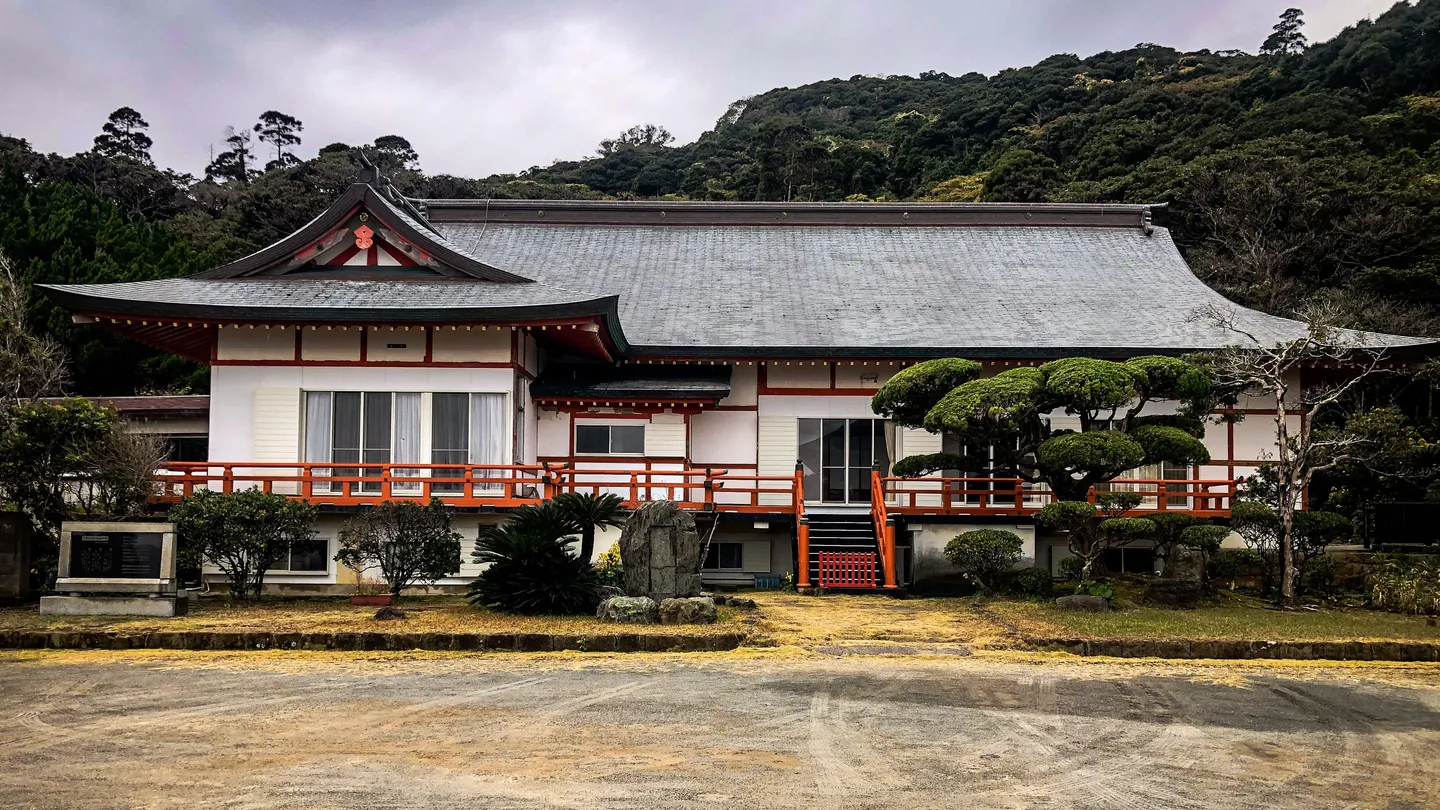Japanese Rural Areas Offer Over 8 Million Vacant Homes for as Low as $500 to Attract New Residents

Photo by Yuri Medeiros on Unsplash
Japan is grappling with a surplus of over 8 million unoccupied homes in rural areas. To address this, local governments offer these homes at extremely low prices, some even as low as 50,000 yen (approximately $455).
The Housing and Land Survey in Japan, conducted in 2018, revealed an all-time high of 8.49 million vacant homes, known as “akiya.” These homes often become empty after the death of relatives or when residents move to urban areas. The survey indicated a 3.2% increase in vacant homes since 2013, with 13.6% of the country’s 62.42 million homes unoccupied. Prefectures like Wakayama, Tokushima, Kagoshima, and Kochi have seen vacancy rates exceeding 18%.
Former Prime Minister Yoshihide Suga emphasized rural revitalization as a crucial aspect of Japan’s socioeconomic strategy. His administration aimed to boost rural economies through enhanced tourism and agricultural reforms.
To facilitate the acquisition of these homes, cities such as Tochigi and Nagano have created “akiya banks,” which are online platforms listing available properties. In some cases, homes are offered at nominal prices or even free, as seen in Okutama in western Tokyo. New residents have creatively repurposed these properties for various uses like workshops and eateries.
This initiative benefits the former homeowners, who struggled with maintenance and taxes, and the local governments, as it reduces the risks associated with abandoned buildings.
Provincial governments have also employed financial incentives to attract remote workers. For instance, Mikasa in Hokkaido saw an 11% reduction in vacant homes after introducing childcare and home purchase subsidies. Daisen in Tottori Prefecture experienced a 7.9% decrease in unoccupied homes following the offer of 2 million yen grants for house renovations.
A program planned by the Japanese government will offer remote workers maintaining employment in Tokyo a 1 million yen grant to work from the countryside. Those setting up IT businesses in rural areas can receive up to 3 million yen.
The issue of vacant homes is not exclusive to Japan. Similar initiatives have been reported in Europe, where towns offer financial incentives and practically free homes to attract new residents and revitalize declining populations.
